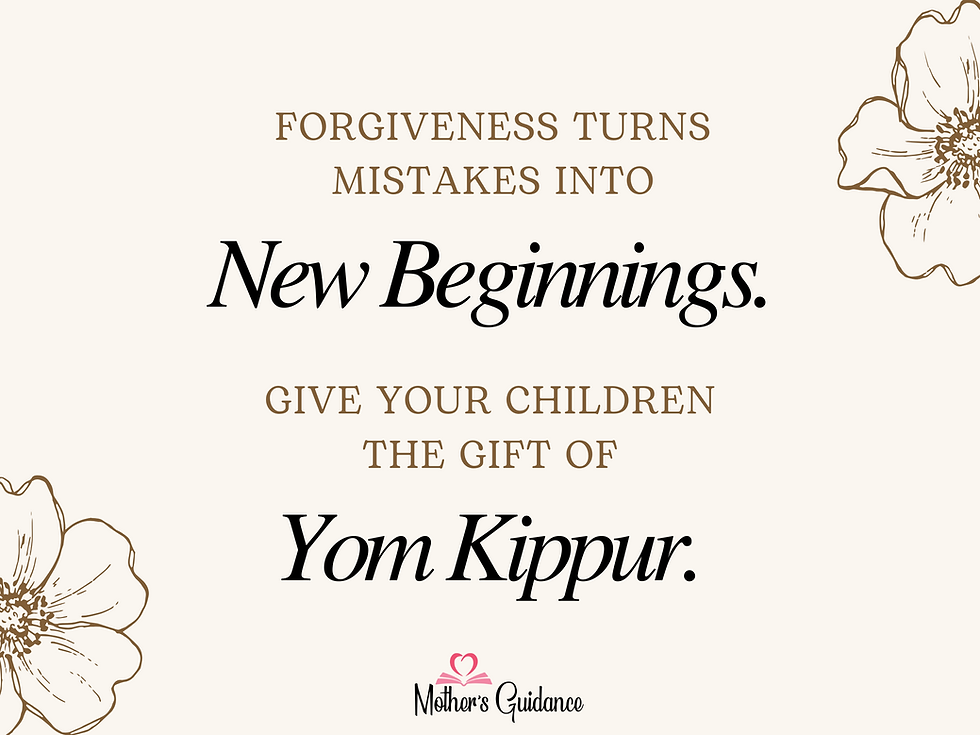The Lads Grew. Uh Oh.
- Jun 27, 2023
- 2 min read
Let’s look at a parenting lesson from Yitzchak (Isaac) and Rivka (Rebecca) through the eyes of Rabbi Shamshon Refael Hirsch, a leading transmitter of ancient Jewish wisdom in the 1800s. Genesis 25:27 tells us, “And the lads grew up and Esau was a man who understood hunting, a man of the field, and Jacob was a single-minded man, living in tents.” Rabbi Hirsch points out a critical parenting mistake Yitzchak and Rivkah made that we can and should learn from.
Rabbi Hirsch focuses on the words, “Va’yigdilu hanearim”, the lads grew up—noting that they grew together and undifferentiated. In fact we see that it was only after they grew that their differences were noticed, that Esau was a man of the field and Jacob a man of tents. What about when they were little? No differences—they were raised together. Rav Hirsch points out that the basic tenet of education is Proverbs 22:6, that each child should be educated according to his inner tendencies and individuality. Esau and Jacob didn’t belong in the same school and shouldn’t have had the same routines, schedules, or activities. Rav Hirsch says that if only Yitzchak and Rivka had studied Esau’s nature and tried to develop his strength and skills in a way fitting for him, he would have become a a mighty man before God, not a mighty hunter.
This is a fundamental lesson that I believe we all know, and it is still a worthy message to remind ourselves of and take to our hearts. It isn’t enough to think about our family as a whole, and define what are our values, what are our routines, but also to think through each child individually. What are this child’s strengths? Natural inclinations? Personality? Temperament? What education does this child need? What schedule? What waking time, what bedtime? What extracurricular activities? What chores and contributions should he make? What unique support does he need from us?
We know that it is challenging to tailor a unique approach to each child. It requires time and energy to think deeply and then research options, let alone put them into practice. I also know that it can be difficult within the framework of traditional schools to work with a school to make changes for an individual child in the school day. It isn’t easy, but it is a most basic principle of instructing children. It’s our job to understand each child as a unique individual and work to tailor his or her upbringing appropriately.
One final note: I have found that when parents make decisions based on what is best for each individual child, their other children respect the differences and don’t complain, “It’s not fair.” I think it’s valuable for our children to know that we don’t all need the same things and we don’t all get the same things, as long as they also know that we are committed to each and every one of them to give them what they uniquely need for their individual growth and development.




Comments